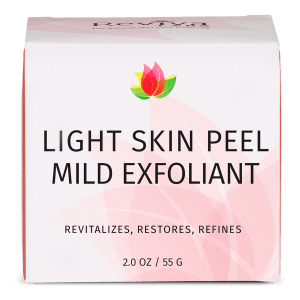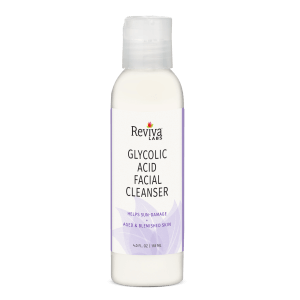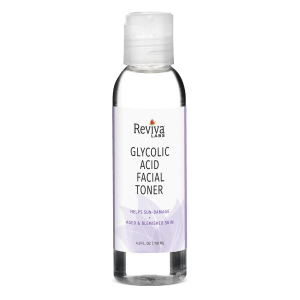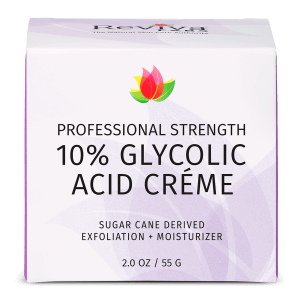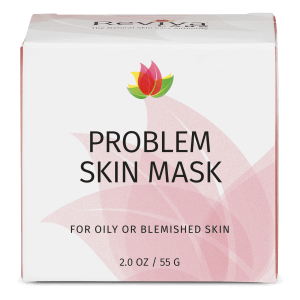Clean Beauty
Understanding Skincare for Oily Skin
When it comes to skincare, having oily skin can be a bit challenging. Excess oil production can lead to a shiny complexion, enlarged pores, and an increased likelihood of acne breakouts. However, with the right products and routine, managing oily skin can become much easier.
Identifying Oily Skin
Before diving into the ideal skincare routine for oily skin, it’s crucial to identify if you indeed have this skin type. Oily skin is characterized by a persistent shine, particularly in the T-zone (forehead, nose, and chin). It often feels greasy to the touch, and makeup may seem to slide off easily. Additionally, enlarged pores and frequent blemishes are common concerns for those with oily skin.
The Importance of Cleansing
One of the most essential steps in managing oily skin is proper cleansing. It’s a common misconception that oily skin needs harsh, drying cleansers to strip away the oil. Overly aggressive cleansing can trigger the skin to produce even more oil. Instead, opt for a gentle foaming cleanser that effectively removes excess oil without disrupting the skin’s natural balance. Look for ingredients like salicylic acid, which can penetrate pores and help to clear out impurities, reducing the likelihood of acne.
Balancing with Toners
After cleansing, using a toner can help restore the skin’s pH balance and remove any remaining traces of makeup or impurities. Toners designed for oily skin often contain ingredients like witch hazel or tea tree oil, which have natural astringent properties. These ingredients can help tighten pores and control oil production, giving the skin a matte finish. However, it’s important to avoid toners with high alcohol content, as they can dry out the skin and lead to increased oil production.
Hydration is Key
Contrary to popular belief, oily skin still needs hydration. Skipping moisturizer can make the skin produce more oil to compensate for the lack of moisture. The key is to choose a lightweight, non-comedogenic moisturizer that won’t clog pores. Gel-based moisturizers are an excellent option for oily skin, providing hydration without a greasy feel. Look for ingredients like hyaluronic acid, which hydrates the skin without adding oil.
Sun Protection
Sun protection is crucial for all skin types, including oily skin. While some sunscreens can feel heavy and greasy, there are many formulations specifically designed for oily and acne-prone skin. Look for oil-free, non-comedogenic sunscreens with a matte finish. These products provide the necessary protection against UV rays without contributing to an oily complexion.
The Role of Exfoliation
Regular exfoliation can be beneficial for oily skin, helping to remove dead skin cells and prevent clogged pores. However, it’s important not to overdo it. Over-exfoliating can strip the skin of its natural oils, leading to increased oil production. Aim to exfoliate once or twice a week with a gentle exfoliant that contains ingredients like alpha-hydroxy acids (AHAs) or beta-hydroxy acids (BHAs). These acids help to clear away dead skin cells and promote cell turnover without being too harsh on the skin.
Treating Acne and Breakouts
For those with oily skin, acne and breakouts can be a common concern. Incorporating products with acne-fighting ingredients like benzoyl peroxide or salicylic acid can be helpful. These ingredients work to kill acne-causing bacteria and reduce inflammation. Additionally, incorporating a clay mask into your weekly routine can help to absorb excess oil and unclog pores.
The Impact of Diet and Lifestyle
Diet and lifestyle can also play a significant role in managing oily skin. Foods high in sugar and refined carbohydrates can increase oil production and contribute to breakouts. Aim for a balanced diet rich in fruits, vegetables, and whole grains. Staying hydrated by drinking plenty of water is also essential, as it helps to keep the skin hydrated and healthy.
Stress can trigger the release of hormones that increase oil production. Incorporating stress-management techniques such as regular exercise, meditation, and adequate sleep can help keep oil levels in check.
Understanding Ingredients
When selecting skincare products for oily skin, it’s essential to understand the ingredients and their benefits. Ingredients like niacinamide can help regulate oil production and improve the skin’s barrier function. Additionally, products containing retinoids can help reduce oil production and improve the overall texture of the skin.
Customizing Your Routine
Everyone’s skin is unique, and what works for one person may not work for another. It’s important to customize your skincare routine based on your specific needs and concerns. Start with a basic routine of cleansing, toning, moisturizing, and sun protection, and then add targeted treatments as needed.
Consulting with a Professional
If managing oily skin feels overwhelming or if over-the-counter products aren’t providing the desired results, consulting with a dermatologist can be beneficial. A dermatologist can provide personalized recommendations and prescribe stronger treatments if necessary.
Incorporating Lifestyle Changes
Alongside a good skincare routine, incorporating certain lifestyle changes can also help manage oily skin. Regularly washing pillowcases and avoiding touching your face can prevent the transfer of oil and bacteria. Additionally, using oil-blotting papers throughout the day can help control shine without disrupting your makeup.
The Science Behind Oily Skin
Understanding the science behind oily skin can also be enlightening. According to a study published in the Journal of Clinical and Aesthetic Dermatology, sebaceous glands in people with oily skin are more active, producing excess sebum which can lead to acne and other skin concerns. This highlights the importance of a targeted skincare routine to manage these overactive glands.
Conclusion
Managing oily skin involves a combination of using the right products, understanding your skin’s needs, and making lifestyle adjustments. With patience and consistency, it’s possible to achieve a balanced, healthy complexion. By focusing on gentle cleansing, proper hydration, sun protection, and targeted treatments, you can effectively manage oily skin and keep it looking its best.







